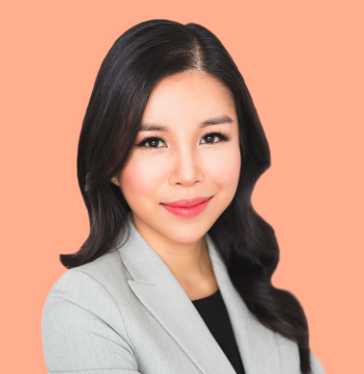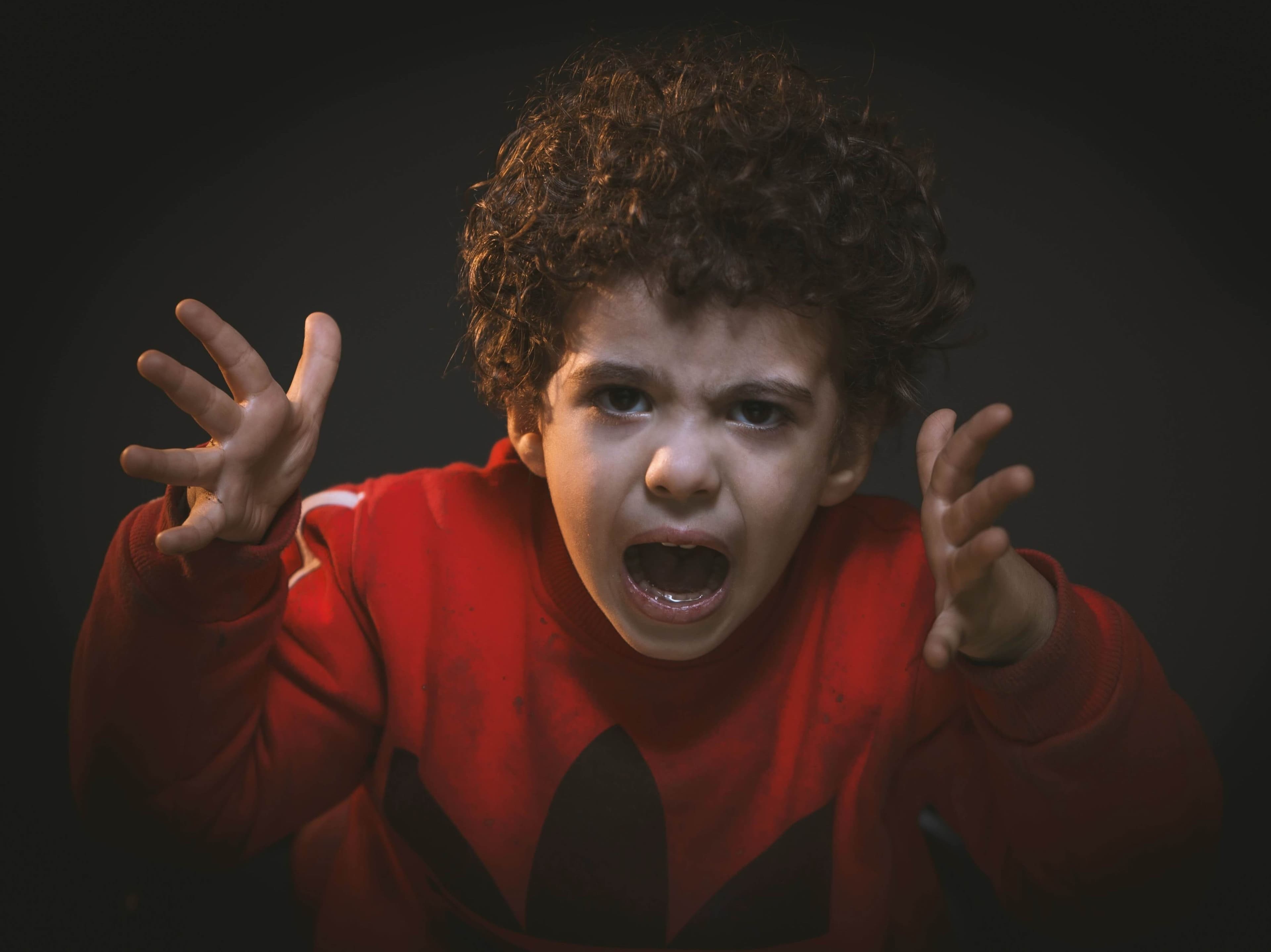As a complementary post to my post about toxic parents, here’s a post on the roles that children play in the parent-child dynamic. Children reactions or coping mechanisms in response to difficult parental behaviour. These reactions become patterns, and patterns then become roles. Some of these roles emerge in childhood and some of these roles emerge when the child becomes an adult. You might find that you can identify with more than one role. These three roles are inspired by the Hello Again workshop by Daniel and Gabor Mate.
The Dutiful Child
The dutiful child becomes a parent long before it is okay for them to have this much responsibility. They grow up being concerned about mom and dad’s well-being, whether that be financial, emotional or physical well-being. The dutiful child was groomed to put others before themselves. They often end up neglecting their well-being for the sake of others. Caretaking becomes compulsive and unconscious. From the outside, it might be seen as a positive trait.
A woman at the workshop told us her story of how she became ‘the dutiful child’. She was the oldest of five small children. To obtain the love and attention she craved as a child, she resorted to people-pleasing behaviour, making herself helpful to her mother because she quickly realized that when she did, she would at least get a glance, a smile perhaps even a ‘thank you’. Children thrive on these moments of ‘attunement’ or warm human connection. As Steven Porges so eloquently said, the human nervous system expects from birth to be heard, understood, and warmly embraced, and when we don’t receive it, our nervous system literally feels assaulted.
I played a dutiful role as a child for my own parents as well. In my own example, my mother had made it clear that they were working very hard, they had sacrificed a lot to come to Canada and I needed to be “a good child”. As a result, I made sure to be very self-sufficient and not ask for too much. This was working out fine for me until I noticed that my little sister was asking for things and getting them. I became jealous and even more committed to my role of being the responsible older child, leading to feelings of isolation and more dysfunction in the home.
The Isolated Child
The isolated child fears intimacy. They withdraw or become indifferent as a coping mechanism. They retreat to their rooms with the doors closed. When in their presence, their gaze is averted. They are physically there but psychological absent. If you are this type of child, in your parent’s presence you feel dysregulated, emotionally unstable, in another dimension, irritable… so you avoid them altogether.
The Aggrieved Child
The aggrieved child is angry and resentful. Angry for the trauma and personal dysfunction that his or her parents have caused. They may have spent lots of time thinking about all the ways his or her parents have failed them. The aggrieved child feels victimized. It is quite possible that the aggrievance only comes out in adulthood. This aggrievance, or “a-grieving” is a necessary part of the healing process. Do not be ashamed of yourself for being angry at your parents. Notice it and be curious about it. You may also want to explore our related post on 5 Hidden Signs of Toxic Parenting, which expands on subtle behaviours you might recognize.
If you have identified with any of these roles, Trauma Therapy or Depression Counselling can help you become unstuck from these patterns of being with the other. Our therapists, such as Angela Leong and Ashley Morris, can support you in this healing journey.If you’re ready to start healing, you can book a session online or contact us directly. Your path to breaking free from these patterns starts here.

